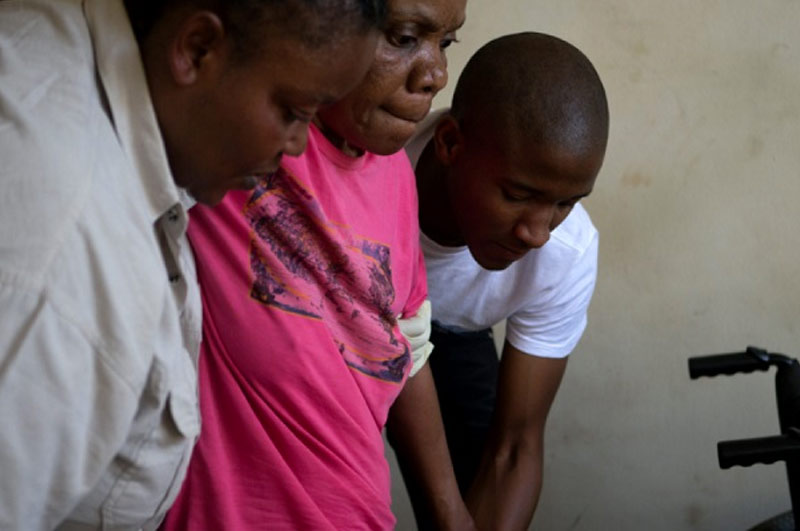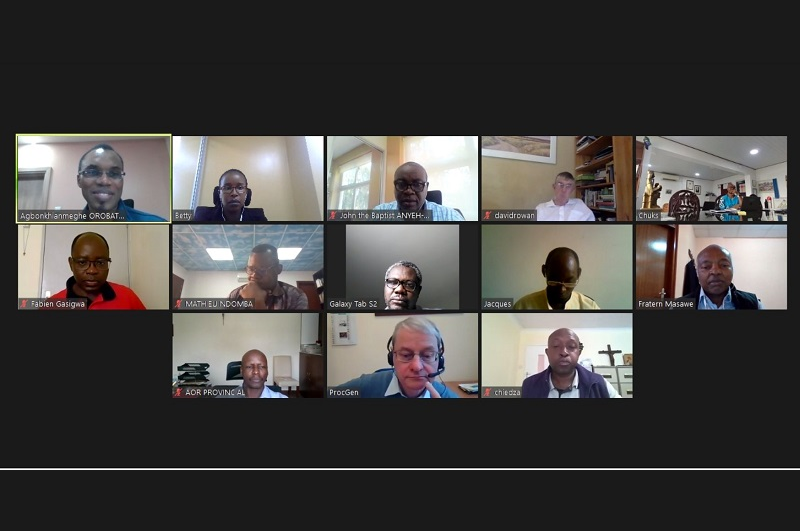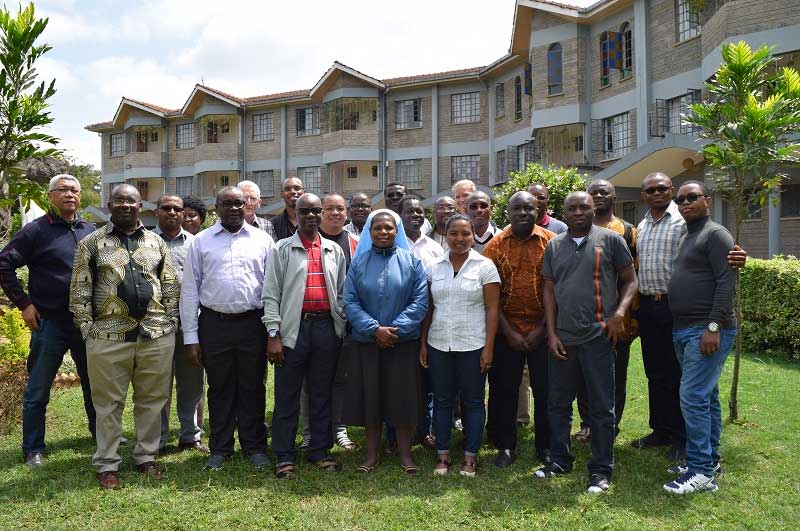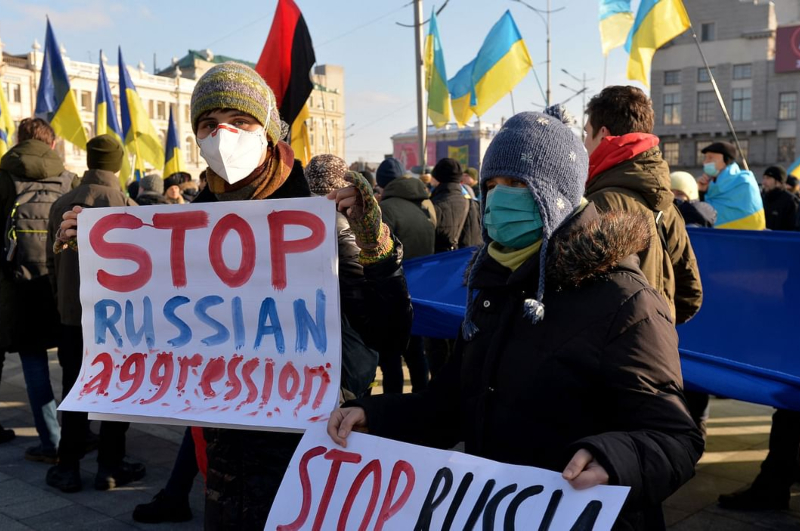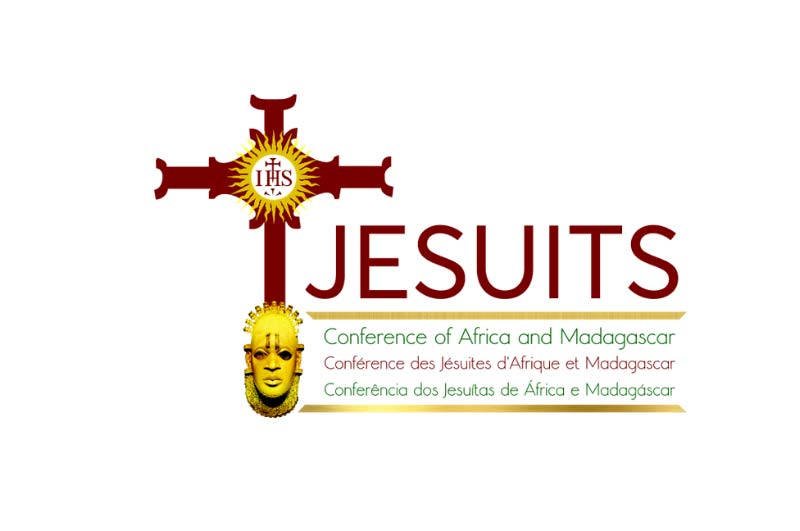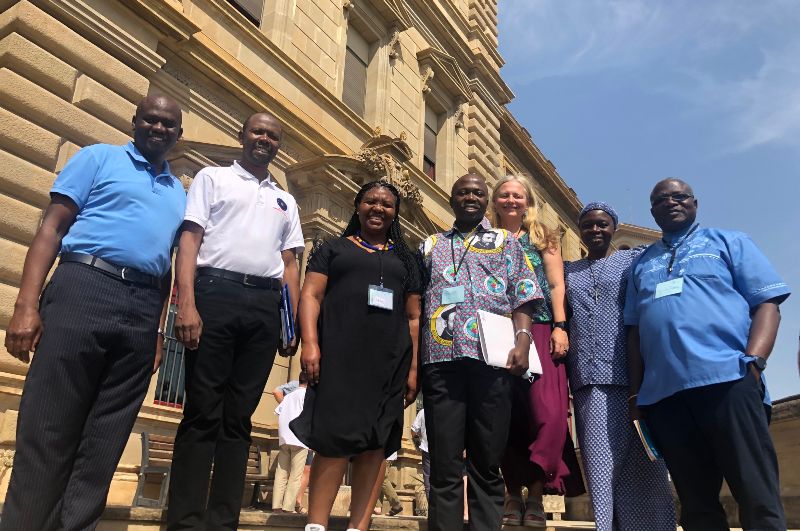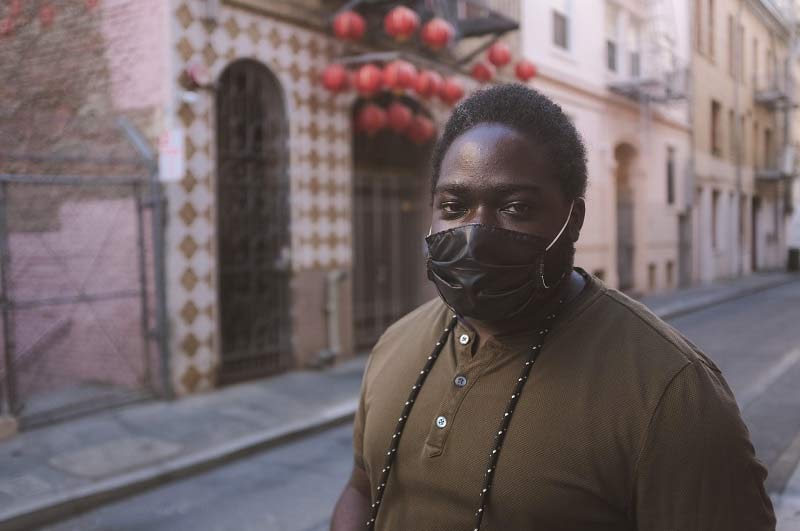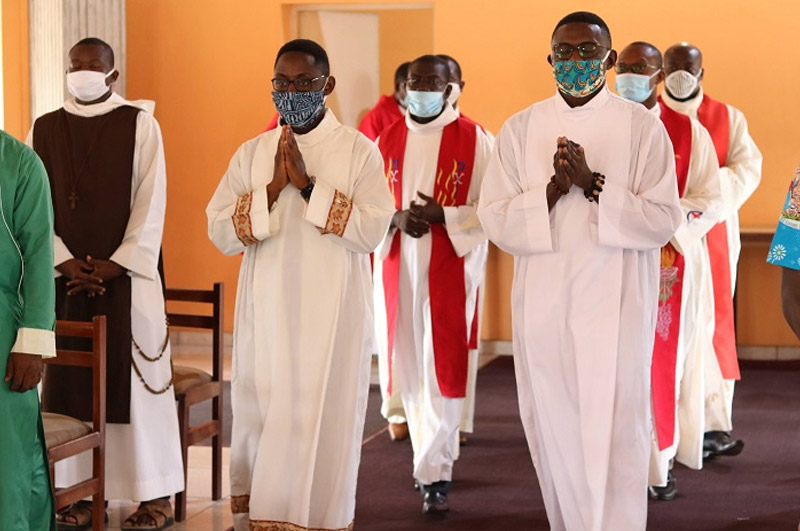



On September 11, 2020, the Jesuit Theologate, Institut de Théologie de la Compagnie de Jesus (ITCJ) in Abidjan officially opened the Academic Year 2020/2021. The event was attended by the majority of the permanent faculty members and staff, old and new members of the student body, members of different religious congregations, and other invited guests. With the impressive turnout for the opening ceremony, everyone present was conscious enough to respond positively to the invitation to wear their masks and to maintain a safe physical distancing throughout the ceremony.
Fr. Ramboasolomanana Bonaventure SJ, led the opening prayer with Psalm 117, blessing the Lord for the new academic year, for his goodness to each and every member of the institute, and asking God to accompany everyone throughout this new academic year with desired graces.
In his opening remarks, the Rector of the Jesuit Community at ITCJ, Fr. Jocelyn Rabeson SJ, filling in for the Vice-Chancellor, Fr. Agbonkhianmeghe Orobator SJ, welcomed the assembly to the ceremony. Addressing the students, he noted that the Society of Jesus is certainly happy to accept the responsibility of training them. He further stated that the beginning of this academic year will be marked by not only the already existing COVID global health crisis and the upcoming apprehensive presidential elections in Cote d’Ivoire but also the anticipated signing by Pope Francis of the new encyclical on Fraternity, Fratelli Tutti. Taking cognizance of these contexts in which the academic year will be unrolling, he went on to encourage the student to be attentive and to take advantage of the academic and spiritual resources which the institute has put at their disposal.

He then took the opportunity to thank the two outgoing members of staff, Frs. Gauthier Malulu SJ and Richard Dounia SJ, and to also welcome those replacing them, Frs. Ndayisenga Egide SJ, and Cosmas Dewornu SJ, respectively.
The Rector’s opening remarks were followed by a welcome speech from the Acting Director and Dean, Fr. Jean Messingue SJ. He underscored three dimensions of theology: the spiritual, the intellectual, and the existential. The question underlying his remarks was: “What can we do to make the best out of this academic year?” He resorted to some of the recommendations St. Ignatius of Loyola made to all who are undertaking the Spiritual Exercises and who want to get the most of them. He urged the students to be consciously and actively present to their experiences, paying full attention to what they read and what they hear. He cautioned them not to live as though they were just here to fulfill conditions. In this regard, he went on to invite them to cultivate this attitude of attentiveness and active presence which will tune them into God and to the human and existential experiences around them. He further urged the students to do a composition of place by imagining their living environment as this will enable them to develop contextual theological reflections. He concluded his list of recommendations by asking the students to make their requests known to God through the articulation of their intentions, desired graces, and setting goals to attain in the course of this year, for their success truly depends on God. In the same vein, he entreated the students to manifest an intellectual and spiritual depth in their theological adventure in view of an efficacious service in the sense of the Magis.
On his part, the Academic Secretary of the institution, Fr. Aurélien Folifack SJ, presented a summary and statistics of the past academic year 2019/2020 as well as perspectives for the new academic year 2020/2021. What was striking in his remarks was how the institution handled the impact of the Covid-19 pandemic and how it managed to bring the academic year a successful end, which was very much satisfactory. He lauded the quick response of the staff and the students as they were able to switch to online classes with only manageable difficulty. He ended his remarks by inviting the students to engage in a creative and original manner as they begin this new academic year.

Basile Ouedraogo SJ, the president of the Students’ Union, took the floor to heap praises on the faculty and staff for their ingenuity and adaptability throughout the coronavirus pandemic. While welcoming the new students, he invited the entire student body to be open and receptive in matters regarding their training here at ITCJ as well as exhorting them to manifest a sense of seriousness and rigor in their studies.
A major highlight of this opening ceremony was the inaugural lecture titled, "Une Condition du Progres: Le Renoncement. Charles Perin, Max Weber et Laudato Si’’ delivered by the eminent professor Michel Istas SJ. The recurring question during the lecture was, “Is it the Christian tradition that made the West the richest part of the world?” He gave the audience a comprehensive overview of the context and motivations that underlay the writings of Charles Périn, Max Weber, and Pope Francis on the issue of Renouncement as condition for progress. He noted that Périn and Max Weber provided a response to the historical aspect of the question: for Périn, the West became economically prosperous due to the influence of the Christian virtue of self-denial (renouncement); for Weber, it was due to the ‘inner-worldly asceticism’ advocated by Calvinism. However, Prof. Istas underlined that Pope Francis took a completely different approach to call for renouncement at multiple levels so as to safeguard the future. He wrapped up the inaugural lesson with these probing questions, “We obviously want progress. But are we ready to give up our own projects? And if we are, for what reason?”

The inaugural lecture was followed by a votive Mass of the Holy Spirit presided by Fr. Jocelyn Rabeson SJ. The homily was enthrallingly delivered by Fr. Bienvenu Mayemba SJ, a faculty member of ITCJ. In his homily inspired by the readings of the day, he exhorted the congregants to be serious in their engagement if they want to be witnesses of God in the heart of the world. He also invited them to be humble and let themselves be accompanied spiritually, psychologically, and academically. “Do not be one of those blind people” he said, “who do not accept to be questioned”. At the end of the Mass, the Rector then declared the academic year 2020/2021 open.
The opening ceremony ended with a toast to a successful academic year.
Related Articles
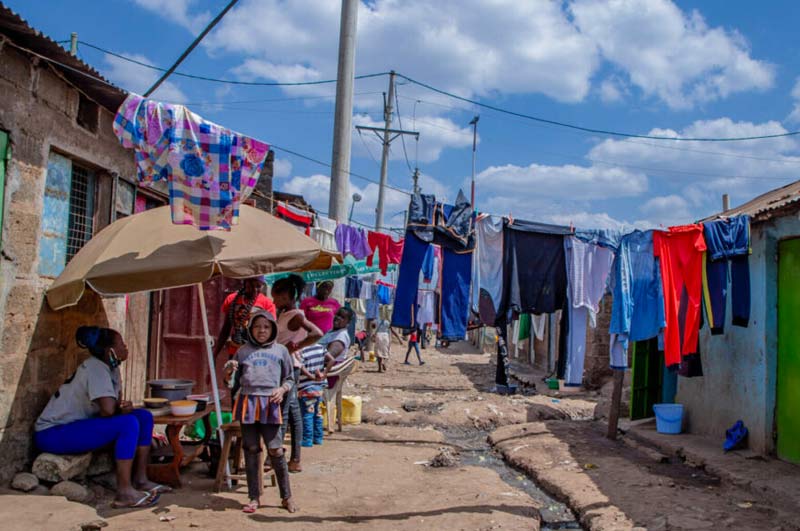

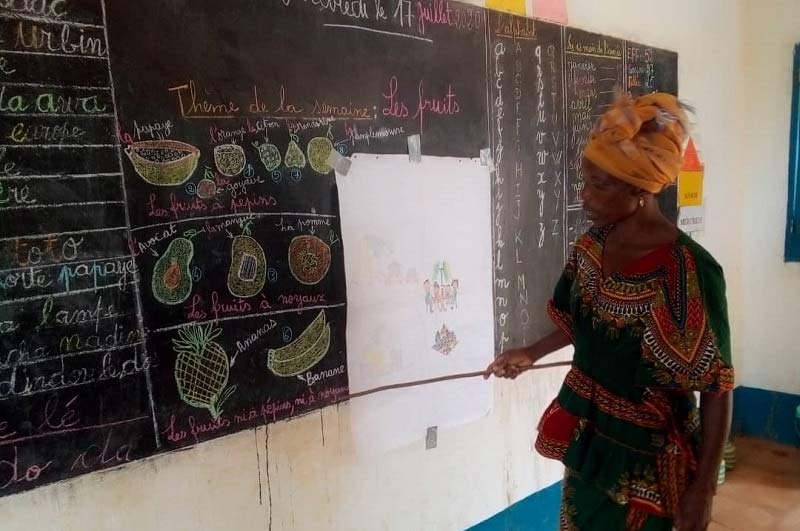
Select Payment Method
Pay by bank transfer
If you wish to make a donation by direct bank transfer please contact Fr Paul Hamill SJ treasurer@jesuits.africa. Fr Paul will get in touch with you about the best method of transfer for you and share account details with you. Donations can be one-off gifts or of any frequency; for example, you might wish to become a regular monthly donor of small amounts; that sort of reliable income can allow for very welcome forward planning in the development of the Society’s works in Africa and Madagascar.
Often it is easier to send a donation to an office within your own country and Fr Paul can advise on how that might be done. In some countries this kind of giving can also be recognised for tax relief and the necessary receipts will be issued.


